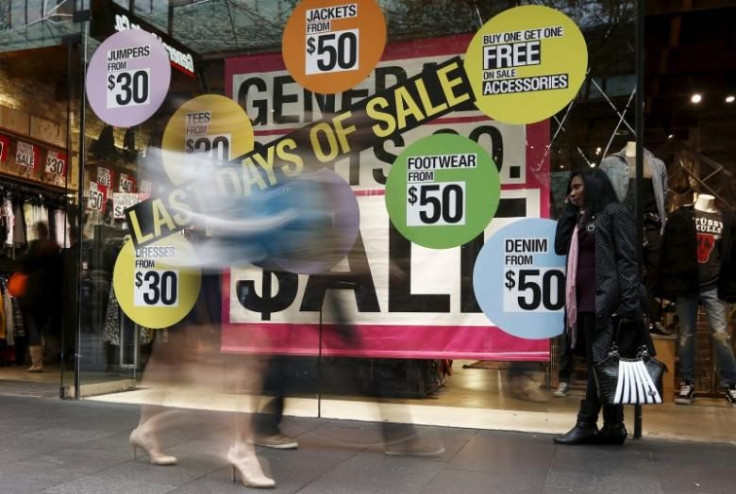Inflation figures show how Australians spend on essentials vs more fun purchases

Australians are spending more for the essentials such as rent, fuel, gas and electricity than on more fun purchases like clothes or accessories, making retailers and their suppliers feel the impact. The findings come amid discounting from several local stores.
New inflation figures from the Bureau of Statistics provides an insight into what matters most to more Australians while most shopping items’ prices have dropped. Recent figures suggest that retailers and their suppliers are struggling as shoppers opt to pay for life’s essentials before making other purchases.
And it was the case as prices for things like computers and televisions dropped by 3.5 percent. Services like mobile phones and telecommunication products have appeared to become cheaper too.
The Bureau of Statistics’ inflation data for December showed annual underlying inflation at 1.9 percent. Inflation has now been sitting below the Reserve Bank’s target band for two years, which is 2 percent to 3 percent. When inflation is too low, it means prices are not growing fast enough.
NAB chief economist Alan Oster has explained how wage can affect the way people spend. "Because until you start to see some wage increases, you're not really going to be in the situation where consumers feel confident enough to go and spend something," The ABC reported him as saying.
Indeed’s Callam Pickering said the key for inflation is still wages. He said they have not seen any improvement in wage growth and inflation will continue its “disappointing run” until that materialises.
Despite what appears to be a negative impact for retailers, economists predict the Reserve Bank will not raise interest rates in 2018. It is expected to bring relief to small businesses as it could provide them with some extra cash.
Pickering said the inflation report must put to bed any consideration of a near-term interest rate hike. “Despite an increase in the tobacco excise and higher fuel and utility prices, annual inflation once again failed to reach the bottom end of the RBA’s inflation target,” he told Business Insider Australia.
Workers can enjoy more bargaining power in the coming months as job market gets tighter. Employers were finding it more difficult to attract and keep staff, as suggested by National Australia Bank's monthly business confidence report which involved over 400 small and large businesses.
Experts see scope for an improvement in wage growth over this year. Some businesses reporting greater difficulty in finding workers may help push that.




















